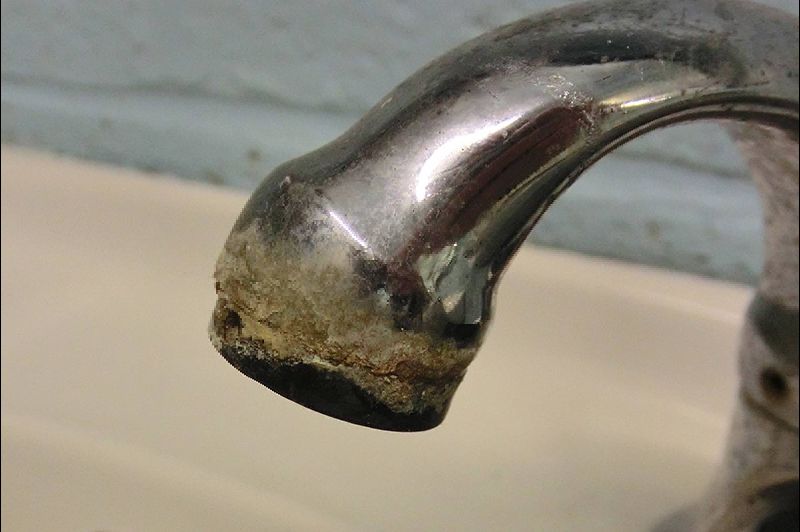
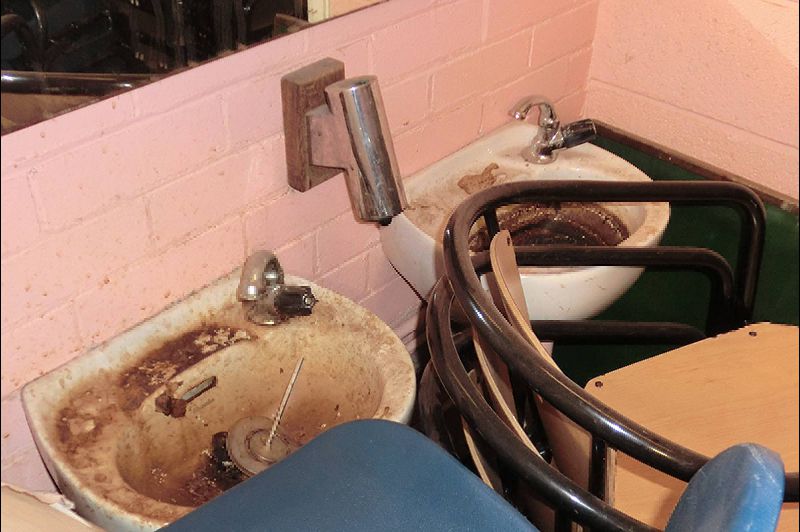
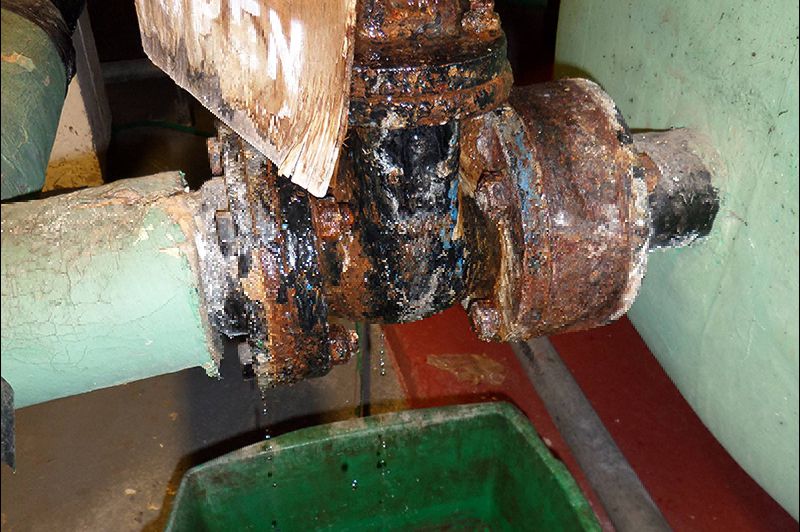
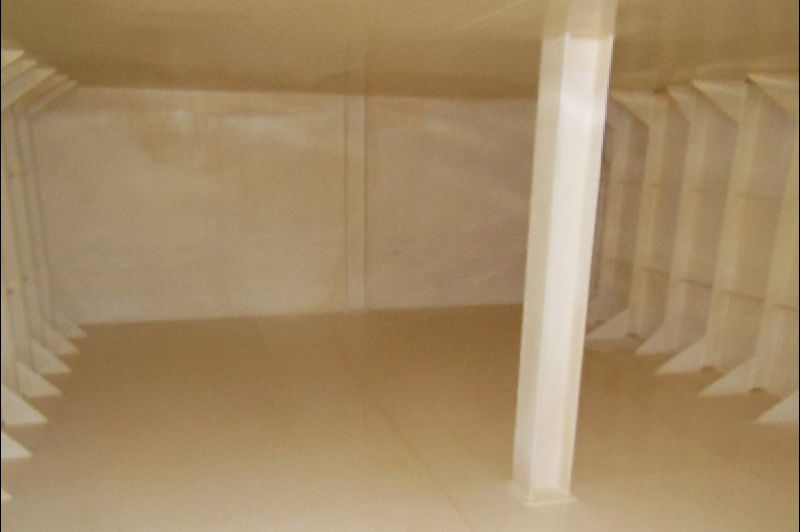
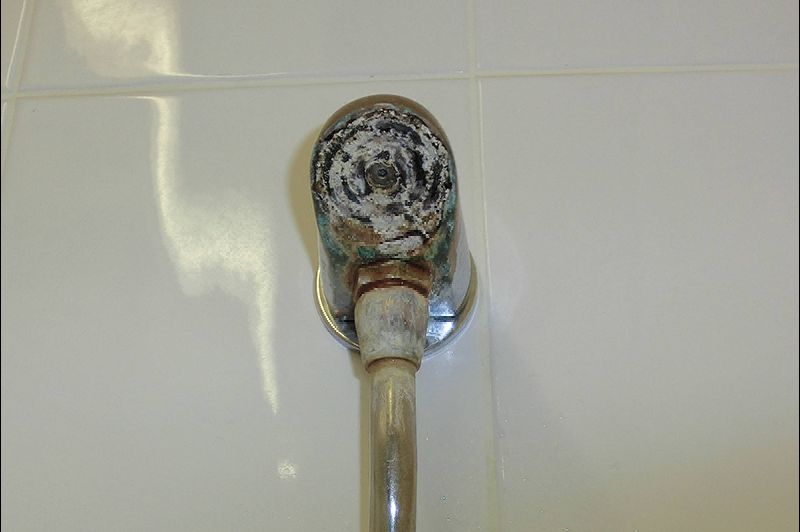
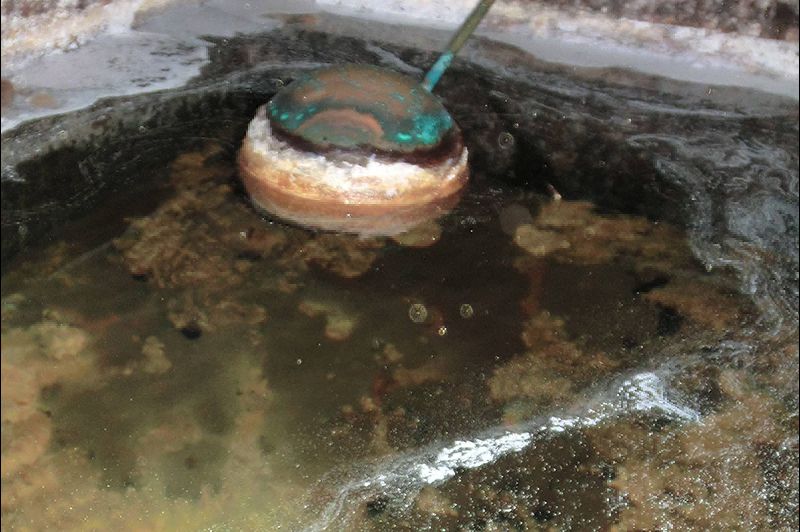
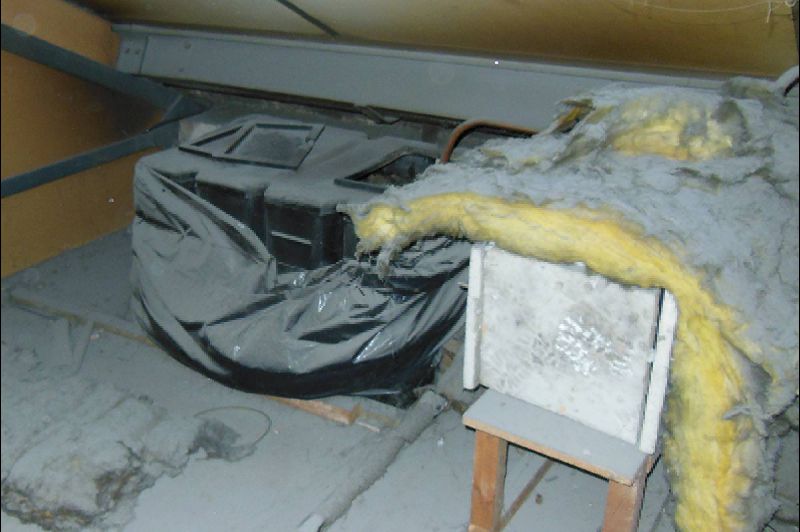
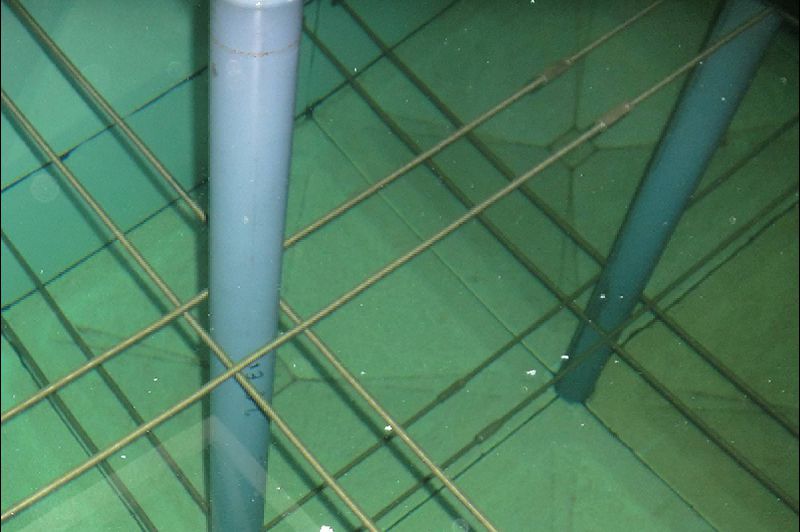
A Legionella risk assessment is an important requirement in order to prevent the risks associated with Legionellosis. A Legionella risk assessment will protect you and your staff from harm and is a requirement under United Kingdom law.
A Legionella risk assessment involves a full and complete survey of your property, assessing all aspects of the water systems in order to determine areas of potential risk within the system - examples of risk areas are shown below in the photographs. It is impossible to completely remove the risk of the bacteria from a system - it is a naturally occurring bacteria - however, a Legionella risk assessment will allow you to reduce the risk to an acceptable level and therefore reducing potential harm to you and your staff.
The risk assessment will ensure your awareness of risks on your own property and provide expert advice as to what to do regarding any and all risks on your property.
The list below shows the relevant Legislation, Codes of Practice & Guidance used within the United Kingdom
- The Health and Safety at Work Act 1974
- Control of Substances Hazardous to Health Regulations 2002 (COSHH)
- Health & Safety Executive: Approved Code of Practice (ACOP) L8 "Legionnaires' disease. The control of legionella bacteria in water systems"
- Health & Safety Executive: HSG274: Technical guidance Part 1: Evaporative cooling systems
- Health & Safety Executive: HSG274: Technical guidance Part 2: Hot and cold water systems
- Health & Safety Executive: HSG274: Technical guidance Part 3: Other risk systems
- HTM 04-01 Part A: design, installation and commissioning
- HTM 04-01 Part B: operational management
- HTM 04-01 Part C: Pseudomonas aeruginosa – advice for augmented care units
- Health Technical Memorandum 01-05: Decontamination in primary care dental practices
Can the bacteria enter your water system?
Legionella is naturally occurring and present in domestic water systems as they enter a property
Do you use water within your systems?
If you have water entering your property, then you have systems that use it
Do you have systems which would allow the bacteria to grow? Do you have systems which generate an aerosol?
Any system, if used inappropriately, is capable of developing the bacteria
Are there people who are potentially susceptable to the bacteria?
Over 45? Male? Immunocomprimised?